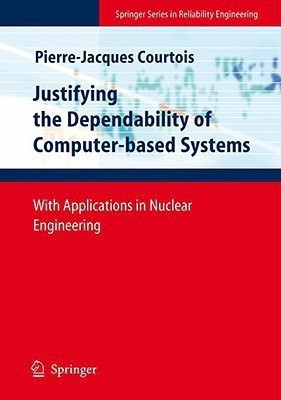Justifying the Dependability of Computer-based Systems - With Applications in Nuclear Engineering(English, Hardcover, Courtois Pierre-Jacques)
Quick Overview
Product Price Comparison
Safety is a paradoxical system property. It remains immaterial, intangible and invisible until a failure, an accident or a catastrophy occurs and, too late, reveals its absence. And yet, a system cannot be relied upon unless its safety can be explained, demonstrated and certified. The practical and difficult questions which motivate this study concern the evidence and the arguments needed to justify the safety of a computer based system, or more generally its dependability. Dependability is a broad concept integrating properties such as safety, reliability, availability, maintainability and other related characteristics of the behaviour of a system in operation. How can we give the users the assurance that the system enjoys the required dependability? How should evidence be presented to certification bodies or regulatory authorities? What best practices should be applied? How should we decide whether there is enough evidence to justify the release of the system? To help answer these daunting questions, a method and a framework are proposed for the justification of the dependability of a computer-based system. The approach specifically aims at dealing with the difficulties raised by the validation of software. Hence, it should be of wide applicability despite being mainly based on the experience of assessing Nuclear Power Plant instrumentation and control systems important to safety. To be viable, a method must rest on a sound theoretical background.


